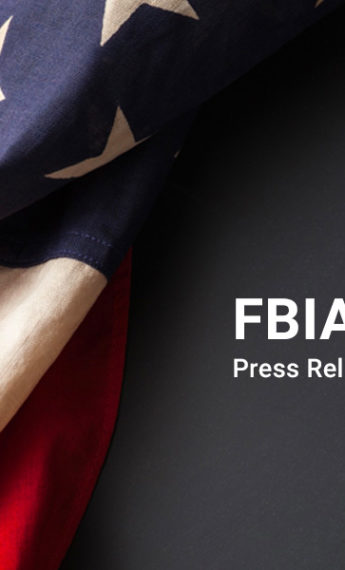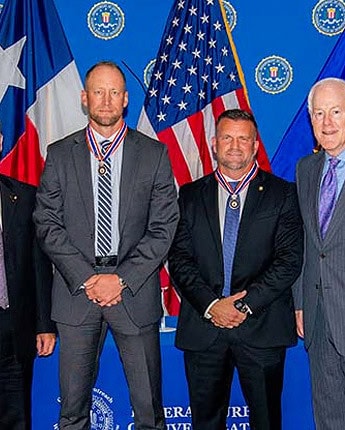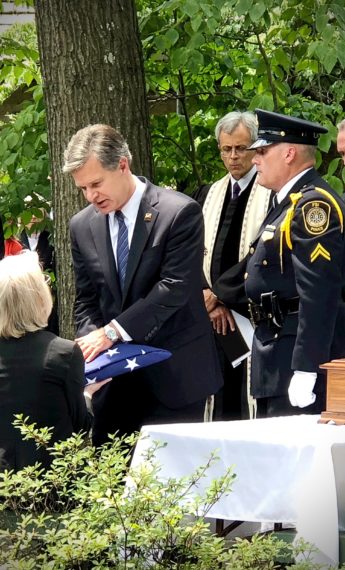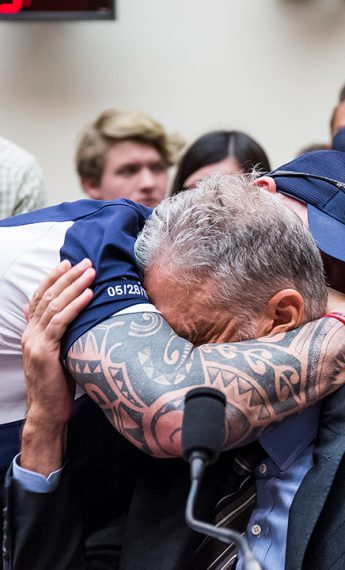Advocacy Achievements

FBIAA® Advocacy Achievements for Special Agents
FBIAA is dedicated to advocating on behalf of FBI Special Agents. We are proud of our successes which support Agents’ careers and their important work.
Advocacy Achievements
The Tax Cuts and Jobs Act of 2017 created new tax liability for a number of special Agents receiving moving reimbursements from the Bureau. FBIAA took the concerns of Special Agents directly to leadership at the Bureau and to Capitol Hill. In response, the Bureau committed to using the tools at their disposal to help offset this new tax liability, and language was included in the National Defense Authorization Act of 2020 providing federal agencies with the power to provide these offsets to all employees.
During the longest federal government shutdown in US history, FBIAA led efforts to alert policymakers, elected officials and the public about the impact of the shutdown on national security. FBIAA’s report “Voices from the Field: FBI Agent Accounts of the Real Consequences of the Government Shutdown” was delivered to every member of Congress and officials within the White House while advocating for full funding for the FBI, and FBIAA engaged in a comprehensive advocacy and national media campaign. FBIAA’s efforts were credited by Administration, Members of Congress and the national media with helping end the shutdown.
Lead the effort to recognize and address the range of continuing issues related to illnesses linked to the response to the September 11, 2001 terrorist attacks. Working with the Bureau, FBIAA has helped design and implement campaigns to educate FBI employees about available health resources, led efforts to ensure proper recognition of fallen Agents, and worked diligently to make certain that families of fallen Agents receive the support and benefits they need and deserve.
Conducted an extensive media and advocacy campaign to highlight the negative consequences of the government shutdown and sequestration on Agents and their work. FBIAA materials were cited on the House and Senate floor multiple times. FBIAA efforts were credited by national media sources with playing a key role in persuading policymakers to fund the Bureau.
Helped lead the effort to pass the Investigative Assistance for Violent Crimes Act of 2012. Signed into law on January 14, 2013, this legislation clarifies authority for federal law enforcement to provide assistance to State and local authorities investigating mass killings.
Drafted and lobbied for the passage of the Special Agent Samuel Hicks Families of Fallen Heroes Act (H.R. 2711), which grants statutory authority to the heads of federal law enforcement agencies to assist the families of 1811s killed in the line of duty with relocation costs if they need to move back to their home communities. The Act was named in honor of SA Sam Hicks, who was murdered during the lawful execution of a narcotics related search warrant in Pittsburgh, PA in 2008.
The FBIAA led the effort to create and fund new recruitment, relocation, and retention incentives (“3R bonuses”) that resulted in millions of dollars of additional compensation for Agents.
Played a leading public role in advocating to Congress, the White House, and the public about the need to keep intelligence and counter-terrorism functions within the FBI, rather than create a separate domestic intelligence entity.
Conducted relentless petitioning over many years which resulted in a complete restructuring of the FBI’s administrative inquiry system and addition of basic due process rights.
Successfully advocated for the implementation of accelerated pay raises for Special Agents, allowing the time required for promotion to the GS-13 level to be shortened from seven to five years.
Spearheaded action on the Federal Employees Pay Comparability Act, which gave FBI Agents increased entry-level pay, locality pay, relocation bonuses and more.





